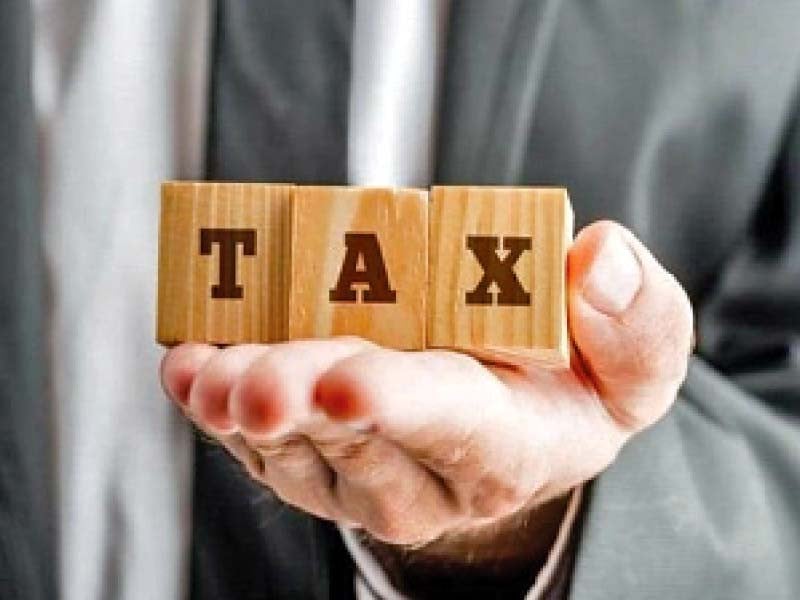The government can meet its target to collect quarterly tax revenue of Rs 1.9 trillion by cracking down on tax evasion and illicit trade in key sectors.
However, strict enforcement of policies and the reduction of pathways for illicit trade are essential for achieving this goal.
Under the IMF’s Standby Arrangement (SBA) program of $3 billion, the government has been tasked with collecting Rs 1,977 in taxes for the first quarter of the fiscal year 2023-24.
The Federal Board of Revenue (FBR) has managed to collect Rs 1207 billion in the first two months of the current fiscal year 2023-24.
Nonetheless, there remains an outstanding amount of Rs 770 billion that needs to be collected by the end of the current month to meet the target.
“Given the current dire economic situation, a sluggish business environment, and rising inflation, where people are struggling to meet their daily needs, collecting the remaining Rs 770 billion will be a formidable challenge for the authorities,” said Yousuf M Farooq, Director of Research at Chase Securities.
He said that the government must focus on plugging tax leaks and eliminating illicit trade, which significantly contributes to the decline in tax collection, instead of burdening legal businesses with additional taxes or imposing indirect taxes on consumers. Efforts should be made to bring tax evaders and illegal businesses under the purview of tax regulations.
According to a recent IPSOS report on illicit trade and tax evasion in key sectors, a staggering amount of Rs 956 billion is evaded in just five sectors: real estate, tobacco, pharmaceuticals, tea, and tyres and lubricants.
The study revealed that the real estate sector alone accounts for an annual tax evasion of Rs 500 billion, while the tobacco sector contributes around Rs 240 billion in tax losses. Tax evasion in the tyres and lubricants sector stands at Rs 106 billion, and the pharmaceutical industry records losses of Rs 65 billion annually. The tea sector also suffers an annual tax loss of Rs 45 billion.
Yousuf stressed that this is an enormous amount that must be collected without fail. These tax leaks, illicit trade, and flawed policies, coupled with inadequate enforcement, have plunged Pakistan into a dire economic situation. Curtailing tax evasion will not only help meet quarterly tax targets but also provide relief to legal businesses that are suffering due to illicit trade.









